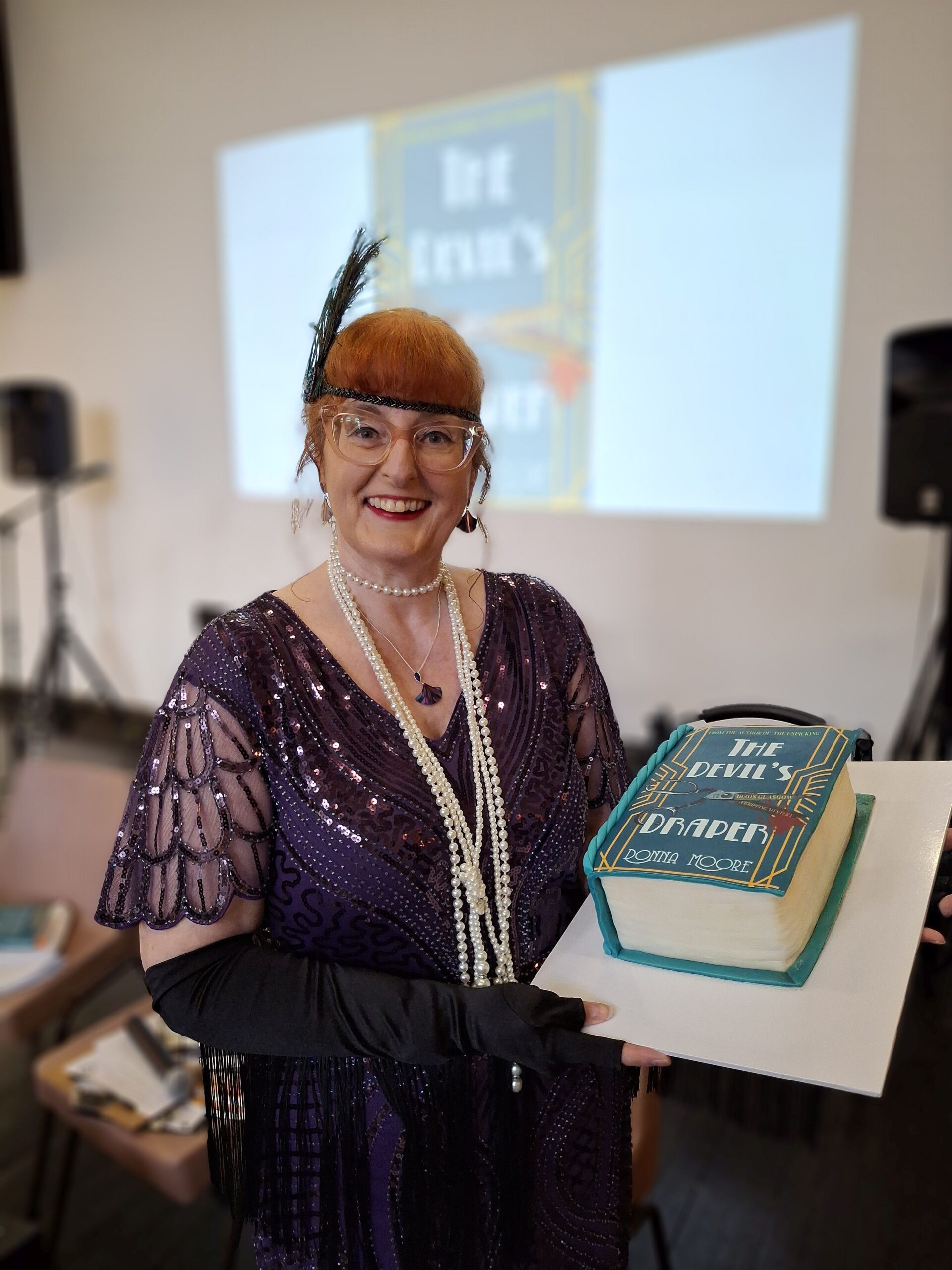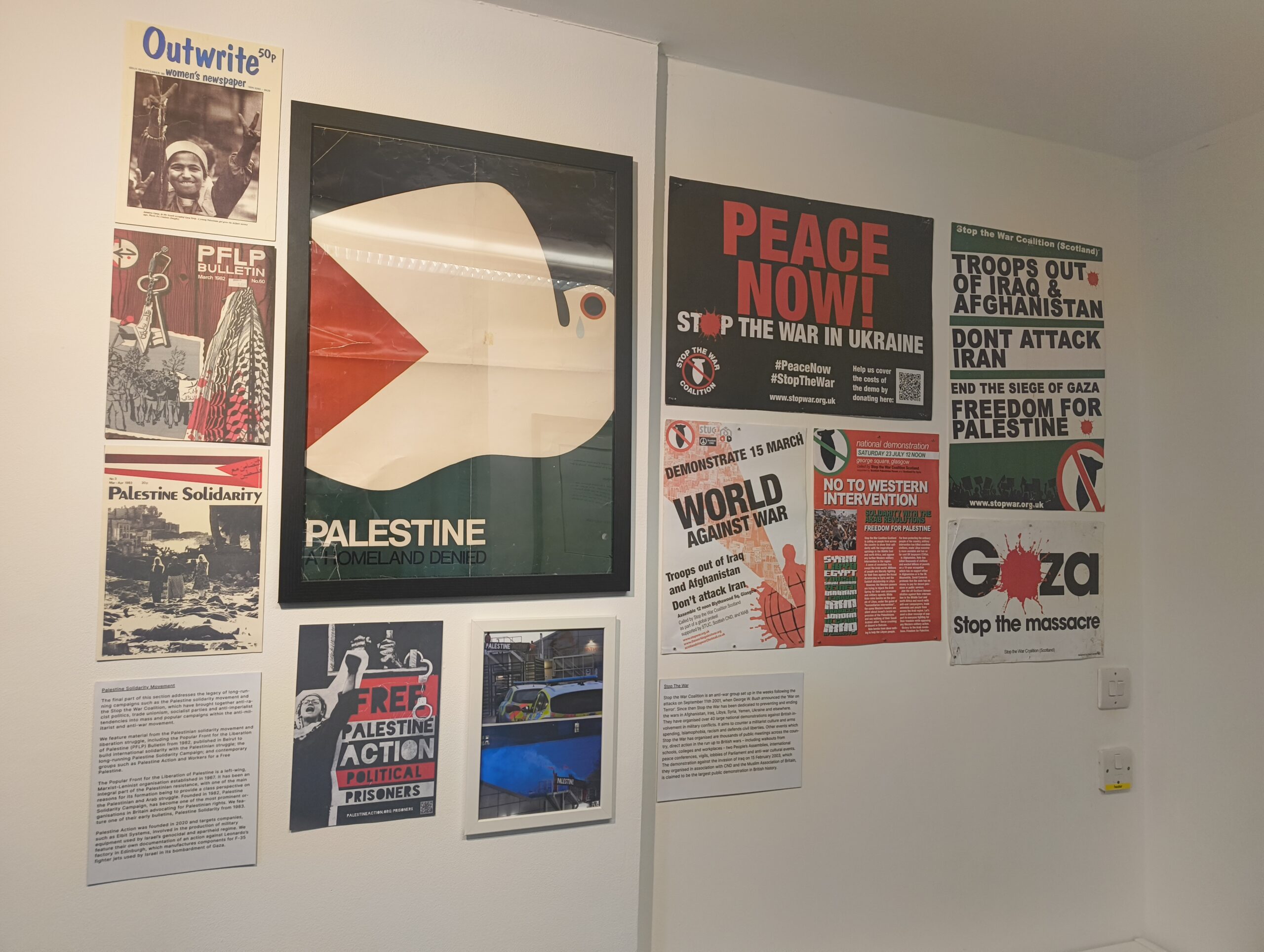Kamila Shamsie’s Home Fire was long-listed for last year’s prestigious Man Booker Prize. It’s an elegant, thought provoking and socially relevant tale of clashing cultures, family loss, grief and a young woman of Islam’s place in the modern world; torn between a service to family and faith and her own sense of individuality and morality. Despite my previous knowledge of the novel’s famous literary influence, the narrative developed and unravelled in a way that made me forget I had prior knowledge of its themes and end points, which resulted in an insightful, compelling read.
Shamsie was deeply influenced by Antigone, the timeless opus of Greek playwright Sophocles that dates from the 5th century BC. In the play, the eponymous character – a princess of Thebes – is forced into a choice between obeying a decree of the King that states she cannot bury her traitor brother – leaving him to the mercy of the carrion and stray dogs – or following her humanity and sisterly devotion in defying the order and burying Polynices anyway, a decision that would result in her own death. Indeed, Antigone‘s thematic influence underpins and inspires not only the plot of Home Fire, but also the characters and the narrative’s pacing and points of view. Using the myth as a creative framework to explore the conflict within the human heart, Shamsie follows Sophocles’ lead in introducing a contemporary young woman with a moral dilemma – in this case Isma, a British Muslim of Pakistani origin who resides in modern day London.
Isma has been the sole carer of her younger sister and brother, the twins Aneeka and Parvaiz, since their mother and grandmother’s deaths some time before the beginning of the novel. She has devoted everything to their health and happiness, often sacrificing her own in the process. For a long while, Isma’s personal ambitions have been on the back burner, second in concern to the twins’ well being. But Isma has received a tantalising offer: an invitation from an esteemed mentor to travel to America and co-author a paper. Since Aneeka and Parvais have recently turned eighteen, Isma decides to accept, concluding that she cannot look after them forever. Indeed, Aneeka is an incredibly promising young woman; beautiful, independent, wilful and studying for a high-flying career in law. The troubled Parvaiz is more of a concern. He left the siblings’ home to find a more secluded space to try and compartmentalise the death and subsequent legacy of their father, a jihadist who died en route to imprisonment in Guantanamo Bay. Despite her concerns over her brother, Isma accepts the invitation to America in the hopeful conviction that despite his frustrations and rage Parvais is not their father and will not follow in his footsteps.
Isma is ultimately wrong in her assumptions over Parvais’ intentions and is utterly floored when he leaves London to join ISIS. What she does next rips the relationship of the sisters he left behind into tatters, with Aneeka absolutely reviled by Isma’s decision to contact the police to inform them of Parvais’ decision. Aneeka is adament that Isma has betrayed the family, and the close-knit trio unit: “We have no sister.” she tells a distraught Isma over the phone. The Antigone inspiration makes a strong show here in the deep irony that Aneeka feels more betrayed by Isma’s tattling of their brother than she does at Parvais leaving the safety of a peaceful country to wage war and violence against countries like the one he just left; the one where his sisters live.
But this is the underpinning dilemma of Home Fire – do we ever really know anyone other than ourselves? And what is stronger, blood or love? Can we ever expect to overcome obligations of family and vengeance in order to lead independent, courageous lives? And even if we can, should we? As we witness a broken, embittered family struggle with the dynamic and opposing stances of personal love and familial loyalty, Shamsie is omnipresent in raising such ethical quandaries throughout the narrative, attempting to either answer the questions herself or encourage we, the reader, to pause and give them thought. Certainly, she takes a strong stance on what happens when an individual starts making enemies based on bitterness, revenge and subverted cultural stigma. With the inclusion of supporting character Eamonn his own struggles with his British-Muslim identity and place in the world, suddenly all four’s lives and futures hang in the balance, with each holding the key to one another’s triumph or ruin. Who are they to one another? Who is Eamonn to the siblings? Is he their brother’s saviour, the sisters’ love interest or – as the son of a prominent British politician – a chance for familial revenge? The prose is as tense as the endless questions and dilemmas suggest, with Shamsie owning a particular talent for writing incredibly believable, somehow relatable angst and suspense – you don’t for a second forget that these themes are incredibly relevant to today’s world.
Home Fire was an intense, timely book that did an exemplary job at navigating sensitive subjects such as immigrant experience, British treatment of foreign nationals and terror prisoners and the bonds of family loyalty, ruthlessly showcasing how the attitudes of the ancestors can seep through generations, and the sins of the father can affect the son.





